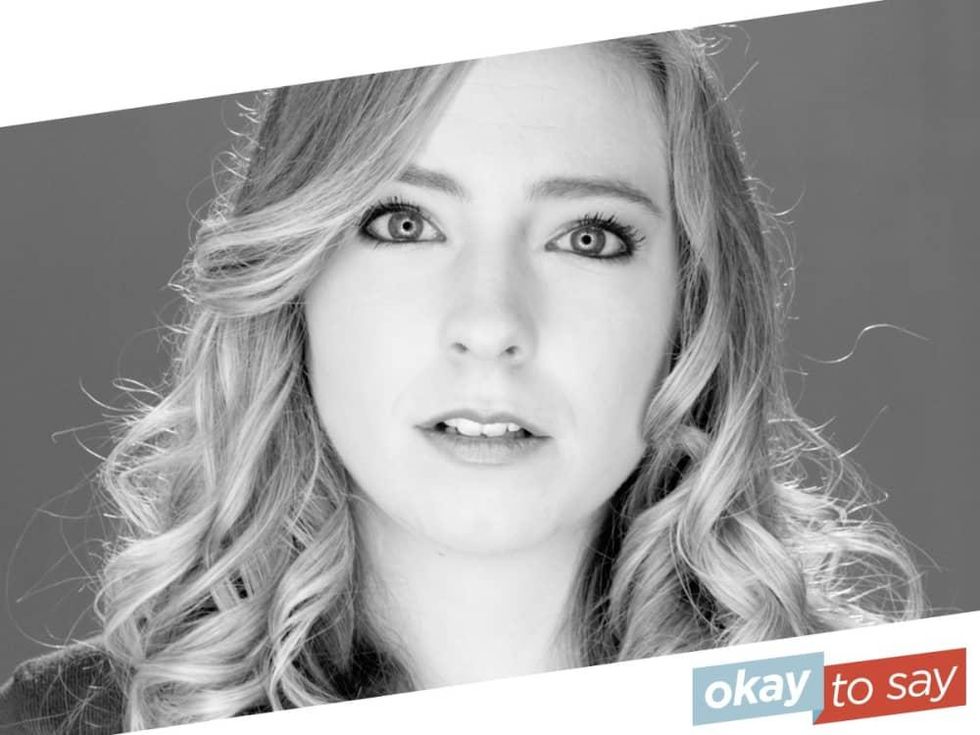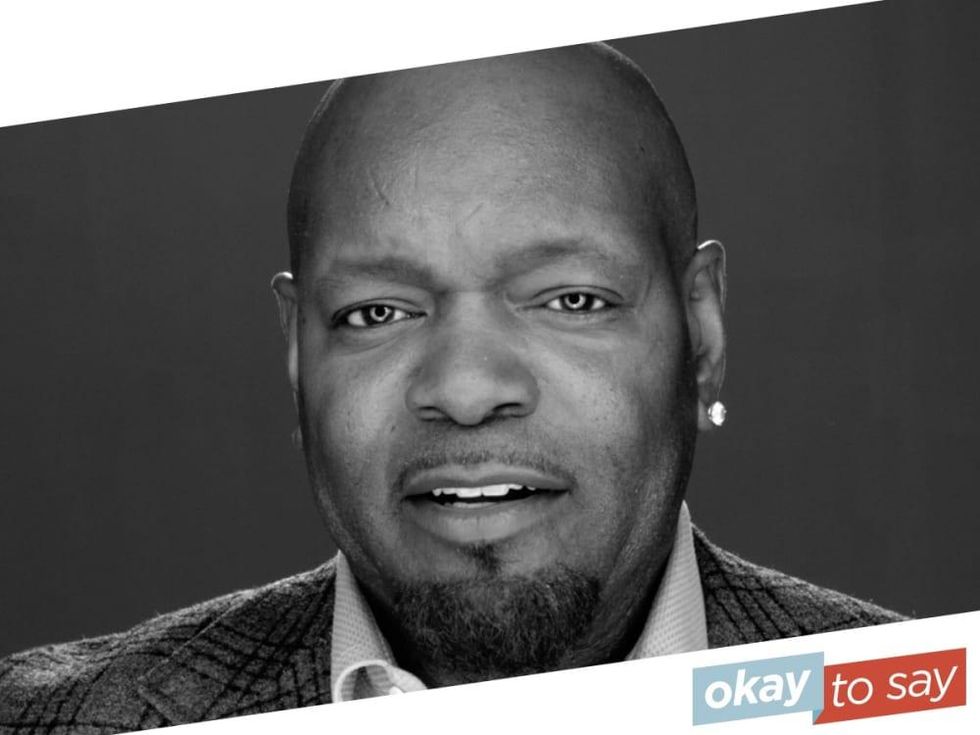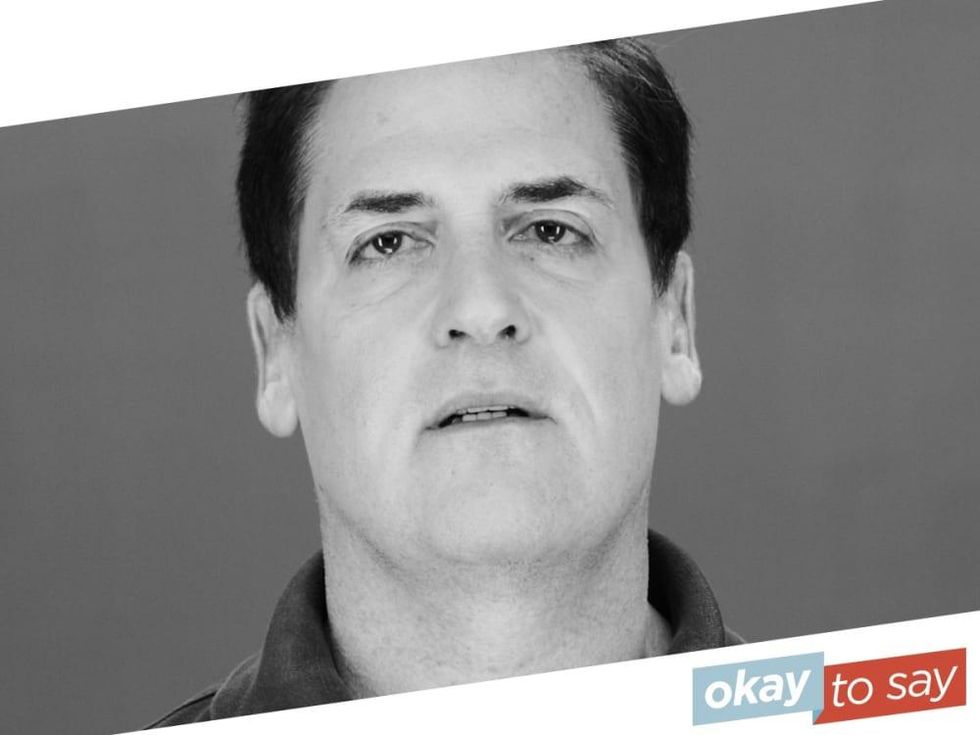Okay To Say
Take a stand with fellow Texans to end the mental illness stigma
May is Mental Health Awareness Month. Celebrated Texans like former President George W. Bush, Dallas Mayor Mike Rawlings, and Mark Cuban are standing up and saying it’s time to end the stigma surrounding mental illness and let people know they’ve got support.
They’re part of a new grassroots campaign called Okay to Say, which aims to increase public awareness about mental health issues that affect Texans and the many effective treatments available. It also addresses the challenges and successes people encounter when they seek help. The more people know they have support, the more likely they are to open up and talk about mental health issues facing them or someone they care about.
You can make a difference by signing your name at OkaytoSay.org, where a growing number of Texans are supporting those with mental illness. Here you can also share a personal story to show people they are not alone.
“We talk about cancer, Alzheimer’s, Parkinson’s, but people don’t talk about mental health. Most mental health issues are ones where there’s treatment available, and with treatment, people lead normal lives,” says Dallas Mayor Mike Rawlings in his video. “Most people do not want to talk about mental health, and we need to stop that stigma.
“We need to address it right head on. We’ve got to make sure our families and friends know it’s okay to say, ‘I need help.’”
President Bush’s video encourages veterans and all Texans to talk openly about injuries like post traumatic stress disorder and other mental health issues. This is critical because nine out of 10 Texans think that it is more difficult to discuss mental health rather than a physical issue, according to the Meadows Mental Health Policy Institute, creator of the Okay to Say movement.
Two-thirds of people with a diagnosable mental illness don’t seek help. A lack of hope or knowledge about the help that is available, as well as common misperceptions about mental illness, can lead to social, psychological, and physical costs and tragic personal consequences.
Too often, people in need and their families do not know that effective treatment is available, so they may retreat, try to solve the problems themselves, or suffer alone. As a result, too many people with a treatable mental condition delay or even fail to benefit from care that can work, which simply lets the initial symptoms metastasize into other life and physical health problems.
Okay to Say wants to break this cycle and help people realize that they are not alone. No one has to face this without support.
Go online today and sign your name at OkaytoSay.org to become an advocate for those suffering from mental health challenges.




